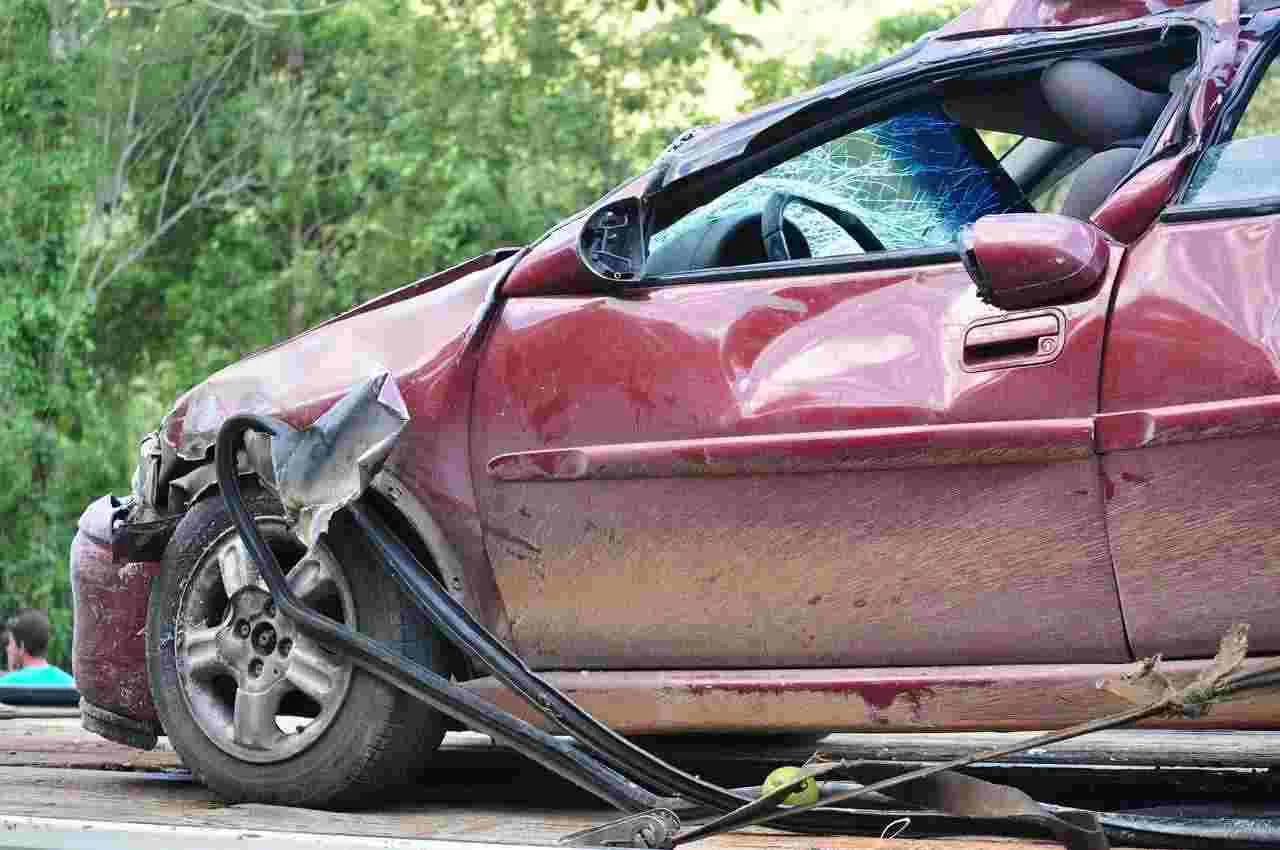The Impact of Weather Conditions on Car Accident Liability in Palm Harbor

Weather conditions can significantly influence the outcome of car accidents in Palm Harbor, affecting both the likelihood of accidents and the determination of liability. Understanding how weather factors into car accident liability is essential for anyone involved in an incident where conditions like rain, fog, or wind were present.
Common Weather-Related Hazards
Palm Harbor’s weather can create several driving hazards, particularly during the rainy season. The most common weather-related issues include:
- Rain and Wet Roads: Rain is one of the most significant contributors to car accidents in Florida. Wet roads reduce tire traction, increasing the risk of hydroplaning, especially at high speeds or on worn-out tires.
- Fog: Fog can severely limit visibility, making it difficult for drivers to see other vehicles, road signs, or changes in traffic flow. This can lead to rear-end collisions or accidents at intersections.
- Wind: Strong winds can make it difficult to control a vehicle, especially for larger vehicles like trucks or SUVs. Wind can also cause debris to blow onto the road, creating unexpected obstacles.
- Sun Glare: Although often overlooked, sun glare can impair a driver’s ability to see clearly, particularly during sunrise or sunset. This can lead to accidents, particularly at intersections or on highways.
How Weather Conditions Influence Liability
In determining liability for a car accident, weather conditions are considered, but they do not absolve drivers of responsibility. Here’s how weather factors into the legal analysis:
- Duty of Care: All drivers have a duty to operate their vehicles safely, regardless of weather conditions. This means adjusting driving behavior according to the conditions, such as reducing speed, increasing following distance, or using headlights in foggy conditions.
- Negligence and Contributory Fault: If a driver fails to adjust to adverse weather conditions and causes an accident, they may be found negligent. For example, if a driver hydroplanes because they were speeding on a wet road, they could be held liable for the resulting collision. However, in some cases, multiple parties may share fault if both drivers were not adequately cautious given the weather conditions.
- Road Maintenance and Infrastructure: Sometimes, liability may extend beyond the drivers involved. If poor road maintenance, such as inadequate drainage or a lack of signage warning of slippery conditions, contributed to the accident, local authorities or agencies responsible for road maintenance might share in the liability.
- Insurance Considerations: Insurance companies will closely examine the circumstances of the accident, including weather conditions, to determine fault. They may argue that a driver was partially responsible for failing to drive cautiously given the weather, which could affect the settlement or claim payout.
Steps to Take After a Weather-Related Accident
If you’re involved in an accident where weather conditions played a role, it’s important to take specific steps to protect your rights:
- Document the Scene: Take photos or videos of the accident scene, including road conditions, weather at the time of the accident, and any visible damage to the vehicles involved.
- Gather Witness Statements: If there are witnesses, ask for their contact information and record their statements about the conditions and how the accident occurred.
- File a Police Report: Ensure that the police report accurately reflects the weather conditions and any contributing factors. This report can be crucial in determining liability.
- Consult with an Attorney: Given the complexities of weather-related accidents, consulting with a personal injury attorney can help you navigate the legal process, especially when it comes to proving liability and negotiating with insurance companies.
Conclusion
Weather conditions in Palm Harbor can complicate car accident liability, but they do not remove the responsibility from drivers to operate their vehicles safely. Understanding how weather impacts liability can help you make informed decisions after an accident and ensure you receive fair compensation for any damages or injuries sustained.
If you’ve been involved in a car accident where weather conditions were a factor, enlist the help of an experienced personal injury attorney who can help you navigate the complexities of your case and work toward a favorable outcome.
